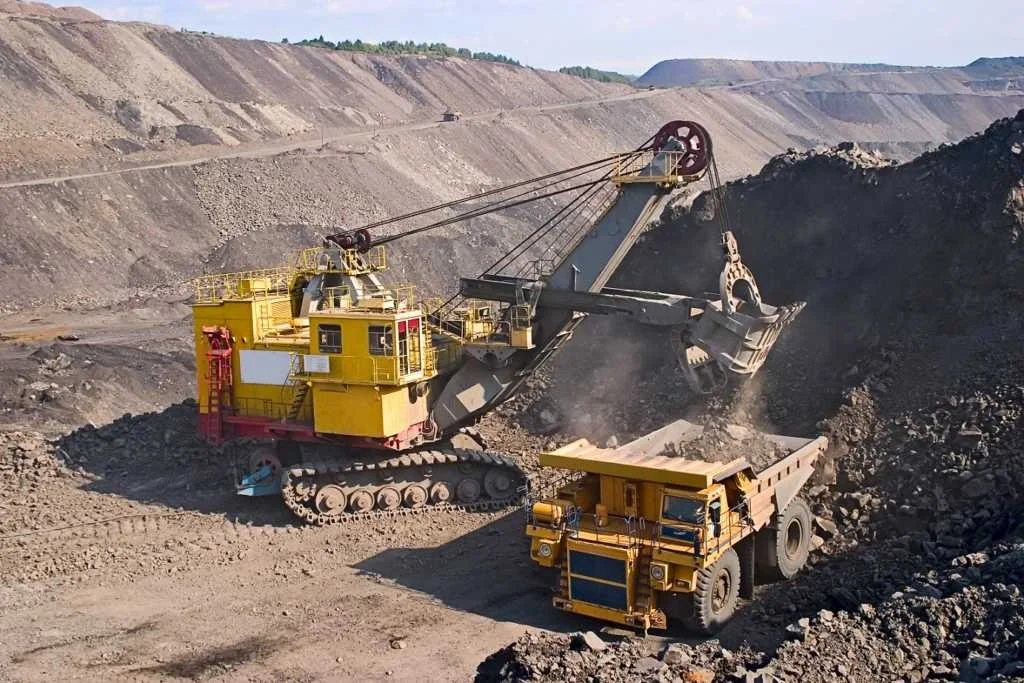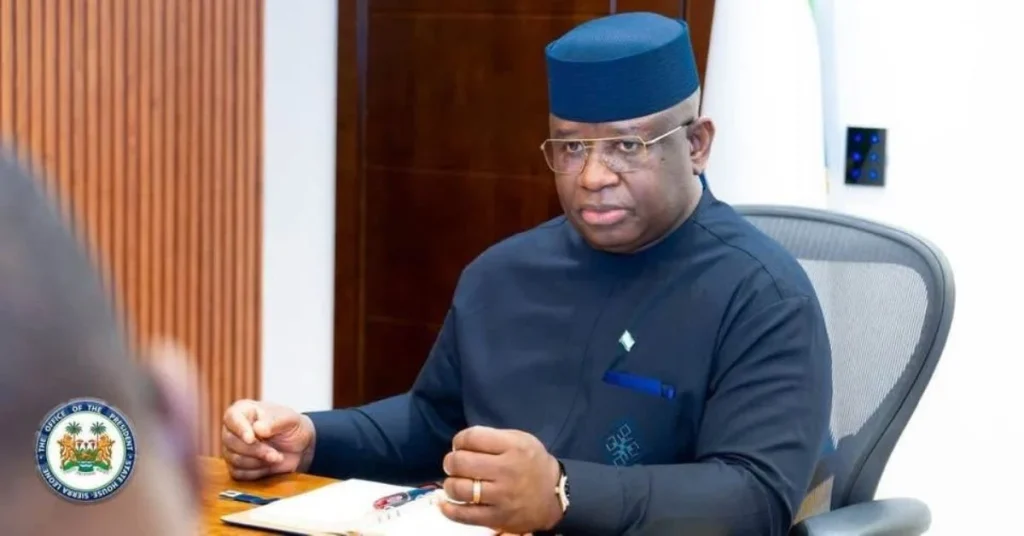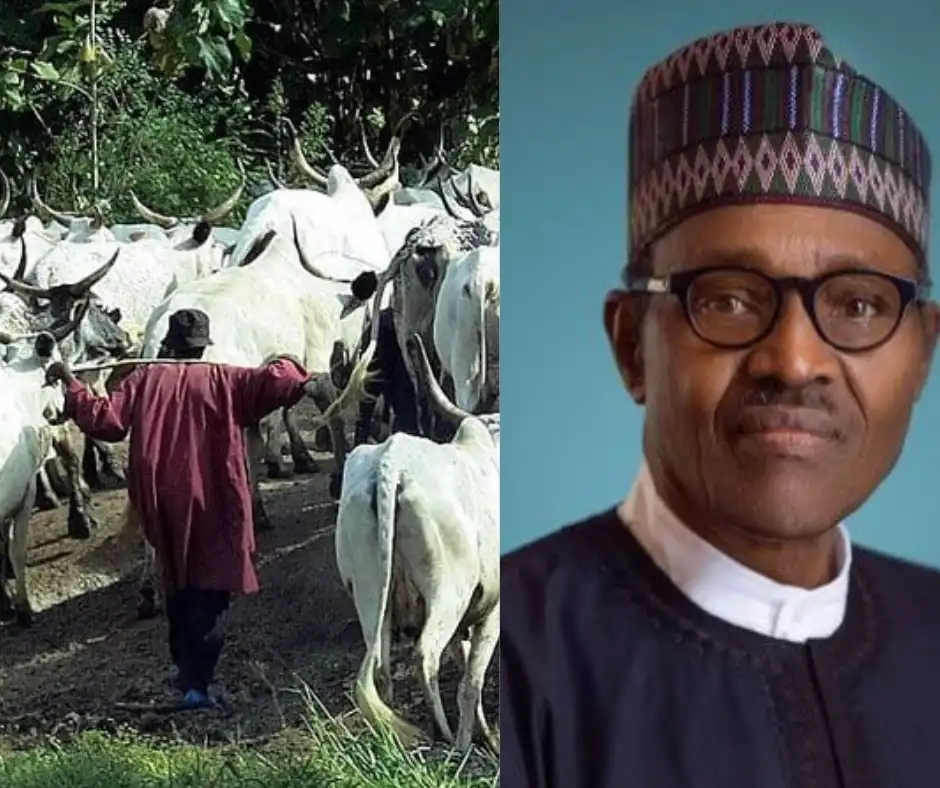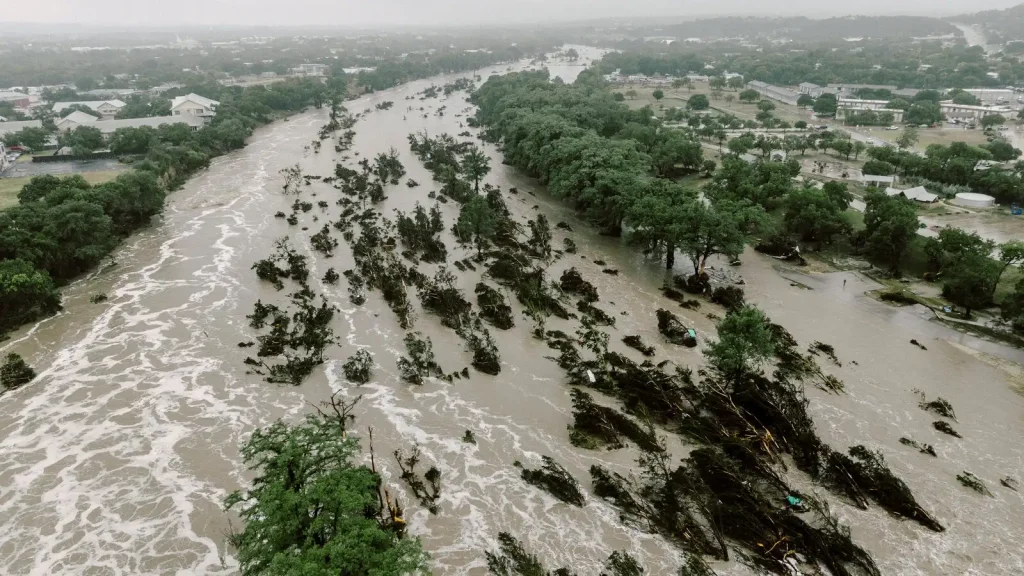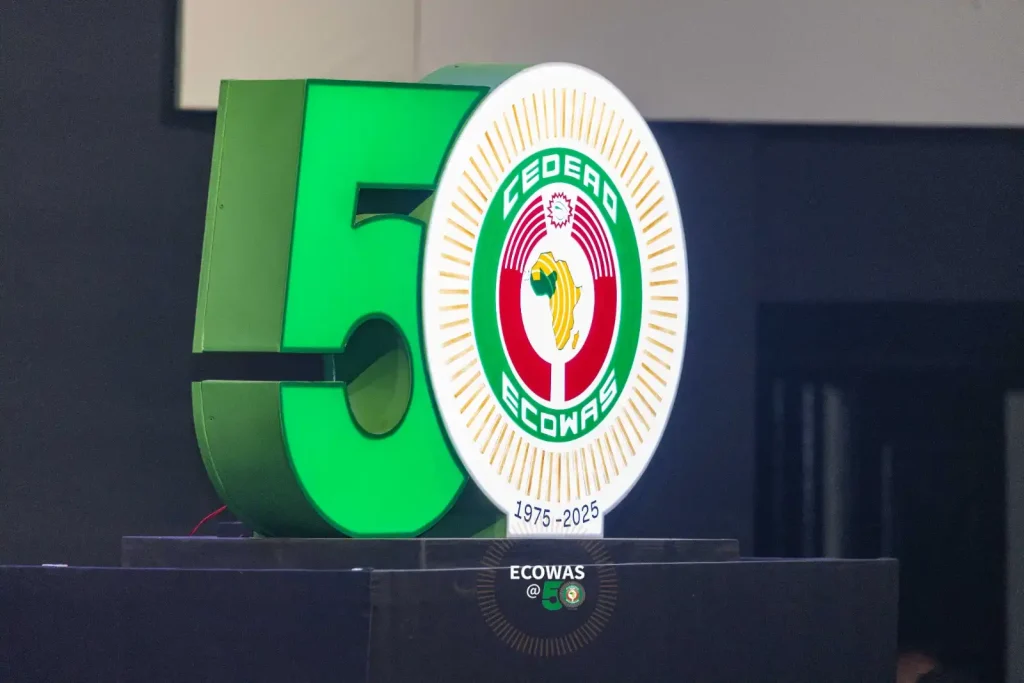Miners in South Africa have long known the wealth buried beneath their feet. For over a century, the country has been synonymous with mineral riches, its economy built on the foundation of gold, diamonds, and other precious resources. Today, as the industry faces unprecedented challenges and opportunities, South Africa’s mining sector stands at a critical juncture, poised for transformation in an era of technological advancement and shifting global priorities.
Historical Context and Economic Significance
South Africa’s mining industry has played a pivotal role in shaping the country’s economic and social landscape. The discovery of diamonds in Kimberley in 1867 and gold on the Witwatersrand in 1886 sparked a mineral revolution that transformed South Africa from an agrarian society to the most industrialized country on the African continent.
For decades, mining has been a cornerstone of the South African economy:
- Contributing significantly to GDP (though declining from about 21% in 1970 to 8% in recent years)
- Providing employment for hundreds of thousands of workers
- Generating substantial foreign exchange earnings through mineral exports
Current State of the Mining Industry
Today, South Africa remains a world leader in several mineral commodities:
- Platinum Group Metals (PGMs): The world’s largest producer, accounting for over 70% of global platinum output
- Manganese: Holds over 80% of the world’s manganese reserves
- Chrome: The world’s largest exporter of ferrochrome
- Gold: Though no longer the world’s top producer, still holds significant reserves
- Coal: A major producer and exporter, particularly of high-quality coal
Despite these strengths, the industry faces numerous challenges:
- Declining gold production due to depleting reserves and increasing depths of extraction
- Labor unrest and strikes, impacting productivity and investor confidence
- Electricity supply constraints and rising energy costs
- Regulatory uncertainty and concerns over resource nationalism
- Environmental concerns and the need for sustainable mining practices
Technological Innovation in South African Mining
To address these challenges and improve competitiveness, the South African mining industry is increasingly turning to technological innovation:
- Automation and Robotics: Implementation of autonomous vehicles and robotic systems to improve safety and efficiency
- Data Analytics and AI: Leveraging big data and artificial intelligence for predictive maintenance and optimization of operations
- 3D Printing: Used for rapid prototyping and manufacturing of spare parts
- Virtual and Augmented Reality: Employed in training programs and for remote assistance in maintenance
- IoT and Sensors: Enhancing real-time monitoring of equipment and environmental conditions
Regulatory Environment and Policy Challenges
The regulatory landscape for mining in South Africa has undergone significant changes in recent years:
- Mining Charter: The latest iteration aims to increase black ownership and participation in the industry
- Mineral and Petroleum Resources Development Act (MPRDA): Ongoing amendments create uncertainty around mining rights and royalties
- Environmental Regulations: Stricter requirements for environmental impact assessments and rehabilitation
- Safety Regulations: Increasingly stringent safety standards to reduce mining-related fatalities and injuries
These regulatory changes, while aimed at addressing historical inequalities and improving sustainability, have also created challenges for mining companies in terms of compliance and investment planning.
Social and Environmental Considerations
The mining industry in South Africa faces growing pressure to address its social and environmental impact:
- Community Relations: Increasing demands for local economic development and job creation in mining-affected communities
- Environmental Sustainability: Growing focus on reducing carbon emissions, water usage, and land disturbance
- Mine Closure and Rehabilitation: Greater emphasis on responsible mine closure and post-mining land use
- Health Impact: Addressing the long-term health effects of mining on workers and surrounding communities
- Illegal Mining: Combating the rise of illegal mining operations, which pose safety and security risks
Future Outlook and Opportunities
Despite the challenges, the South African mining industry still presents significant opportunities:
- Beneficiation: Increasing local value addition to minerals before export
- Exploration: Potential for new mineral discoveries, particularly in under-explored regions
- Green Minerals: Growing demand for minerals used in renewable energy technologies (e.g., PGMs for fuel cells, lithium for batteries)
- Mining Services: Leveraging South Africa’s mining expertise to provide services to other African countries
- Circular Economy: Opportunities in mine waste reprocessing and urban mining
Case Study: Anglo American’s Mogalakwena Smart Mine
Anglo American’s Mogalakwena platinum mine in Limpopo province exemplifies the potential for technological innovation in South African mining. The company has implemented a range of smart mining technologies, including:
- Autonomous haulage systems
- Real-time data analytics for predictive maintenance
- Bulk ore sorting to reduce energy and water consumption
- Hydrogen fuel cell mining trucks to reduce diesel consumption and emissions
These innovations have led to significant improvements in safety, productivity, and environmental performance, positioning Mogalakwena as a model for the future of mining in South Africa.
Conclusion
The mining industry in South Africa stands at a crossroads. While facing significant challenges, from regulatory uncertainty to resource depletion, it also has the potential to reinvent itself through technological innovation and a renewed focus on sustainability.
The sector’s ability to adapt to changing global dynamics, embrace new technologies, and address social and environmental concerns will be crucial in determining its future. As South Africa navigates this transformation, the mining industry has the opportunity to not only remain a key contributor to the national economy but also to become a global leader in sustainable and technologically advanced mining practices.
The journey ahead is complex, requiring collaboration between government, industry, labor unions, and communities. However, if successful, the transformation of South Africa’s mining sector could serve as a blueprint for resource-rich countries worldwide, demonstrating how traditional extractive industries can evolve to meet the demands of a rapidly changing world.

